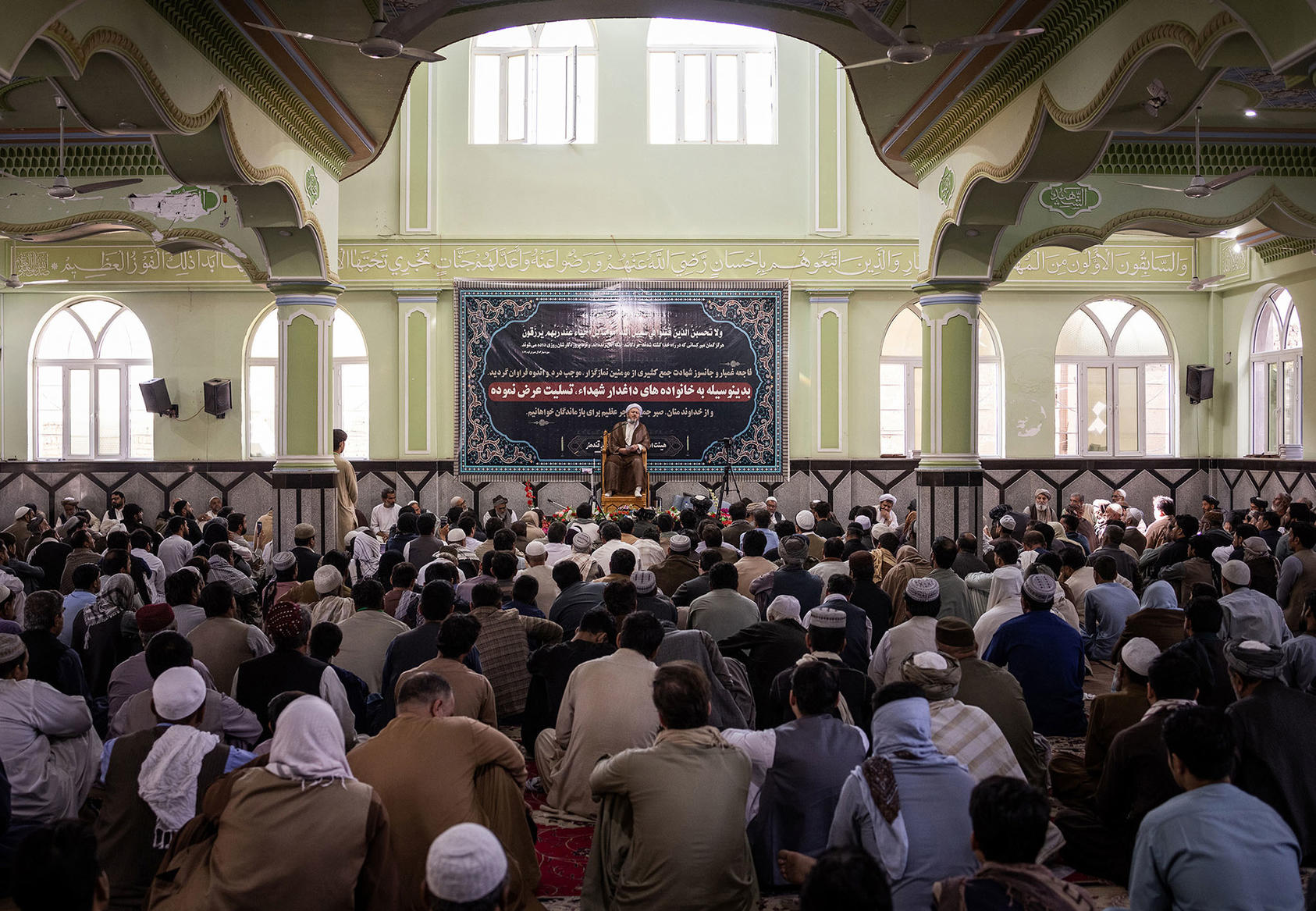The Growing Threat of the Islamic State in Afghanistan and South Asia
When the Taliban took control of Afghanistan in 2021, counterterrorism experts were alarmed at the possible resurgence of Islamist terrorist groups within the country. This Special Report lays out why those concerns, particularly about the regional Islamic State affiliate known as Islamic State Khorasan Province (ISKP), were well-founded. The report discusses the likely trajectory of ISKP’s activities in South Asia and recommends measures to minimize potential threats to the West and build regional resilience to extremism.

Summary
- Since the Taliban returned to power in Afghanistan in August 2021, the threat posed by terrorism in the region has grown. The primary threat, however, is neither the Taliban nor their close ally al-Qaeda, but the Islamic State’s regional affiliate the Islamic State Khorasan Province (ISKP).
- ISKP’s “core” territory remains Afghanistan and Pakistan. Although ISKP first emerged as a Pakistani-dominated network, it soon focused on Afghanistan. It has switched its strategy there from controlling territory to conducting urban warfare. It posed a serious security threat to the former Afghan government and now seeks to disrupt the Taliban’s efforts to govern.
- The Islamic State’s presence in South Asia is not limited to Afghanistan and Pakistan but extends to include “periphery” territory, including India, Bangladesh, Myanmar, the Maldives, and Sri Lanka. In these periphery states, however, the Islamic State faces a struggle for relevance in the face of competition with rival militant groups and strong counterterrorism pressure.
- ISKP poses a growing threat to the West and its South Asian partners, and ISKP’s alarming potential calls for the West to take a variety of countermeasures, including even limited counterterrorism cooperation with the Taliban.
About the Report
This report analyzes the origin, status, and future of the Islamic State in South Asia and the threat it may pose to the West. Drawing on primary sources issued by ISKP and associated networks and individuals, the report explores the situation and prospects of the Islamic State not only in its regional “core” territory of Afghanistan and Pakistan, but also in its “periphery” territory, including India, Bangladesh, Myanmar, Sri Lanka, and the Maldives. The work was supported by the Asia Center at the United States Institute of Peace.
About the Author
Abdul Sayed is an independent researcher on jihadism and the politics and security of the Afghanistan-Pakistan region. Tore Refslund Hamming is senior research fellow at the International Centre for the Study of Radicali-sation at King’s College London and director of the research consultancy Refslund Analytics.



